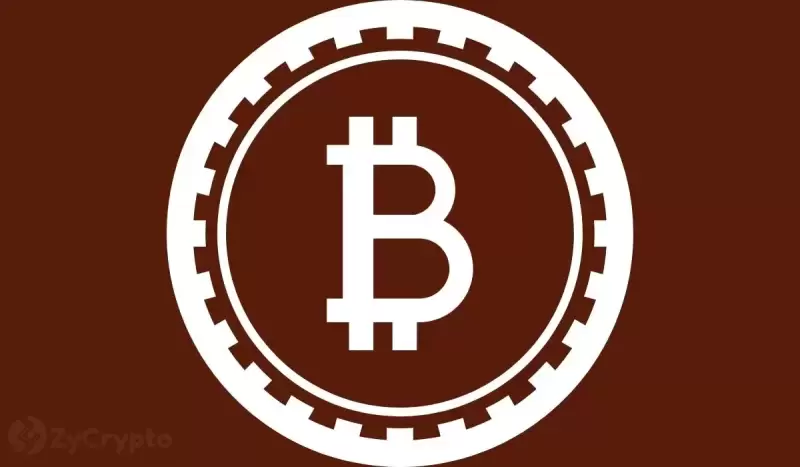 |
|
 |
|
 |
|
 |
|
 |
|
 |
|
 |
|
 |
|
 |
|
 |
|
 |
|
 |
|
 |
|
 |
|
 |
|
Cryptocurrency News Articles
China takes the pole position in abandoning US Treasurys, shifting to gold and Bitcoin
Apr 26, 2025 at 11:58 am
Central banks are rethinking reserve strategies, and China takes the pole position in abandoning US Treasurys.

Central banks are speeding up plans to diversify reserves, and China is leading the way in reducing its US Treasury holdings, according to Jay Jacobs, thematic and active ETF head at BlackRock.
During an interview with CNBC, Jacobs noted that the trend of central banks pivoting away from their traditional dollar-backed reserves began some three to four years ago. However, geopolitical tensions and the recent tariff war have pushed nations to consider alternatives, including gold and Bitcoin.
“We started seeing this about three or four years ago, where people were thinking about how to diversify out of those types of assets,” Jacobs said.
greater urgency amid the volatile international landscape.
“It’s no longer a short-term theme; it’s a structural driver that will determine financial policies for decades to come,” he added.
The Importance of Uncorrelated Assets In A Volatile World
As the world grapples with increased economic uncertainty and heightened geopolitical instability, institutions are turning to assets that offer low correlation and resilience to market shocks.
In the wake of the Ukraine invasion, which saw $300 billion in Russian central bank assets frozen, and the use of SWIFT sanctions, reserve managers are seeking assets that governments cannot easily seize or control.
“It’s really brought to the forefront this issue of asset sovereignty and what happens when you have a common system of payment and clearing and one part of the system tries to cut off the other part,” Jacobs explained.
Global institutions are increasingly buying Bitcoin as a hedge against inflation and a broader economic downturn, while investors are turning to gold as a safe-haven asset class.
“We’ve seen great demand for gold ETFs and we’ve seen great demand for Bitcoin products as people are really looking for that asset class that will behave differently,” Jacobs said.
Bitcoin is becoming increasingly less correlated with the Nasdaq index, suggesting a maturing profile for the cryptocurrency in the global market.
“Bitcoin started acting like gold two weeks ago. Less Nasdaq - more gold,” co-founder and CEO of Nansen Alex Svanevik remarked.
Highlighting this trend, QCP Capital noted in an April 21 report that Bitcoin is progressively being recognized as a safeguard against broader economic risks.
With equities finishing the previous week lower and deepening their April losses, Bitcoin’s narrative as a safe haven is once again gaining strength. This renewed perception could open further opportunities for institutional investments in Bitcoin.
Disclaimer:info@kdj.com
The information provided is not trading advice. kdj.com does not assume any responsibility for any investments made based on the information provided in this article. Cryptocurrencies are highly volatile and it is highly recommended that you invest with caution after thorough research!
If you believe that the content used on this website infringes your copyright, please contact us immediately (info@kdj.com) and we will delete it promptly.




















![Trading is to follow [Review Video] Gold Bitcoin Crude Oil Orders Make Profits! Trading is to follow [Review Video] Gold Bitcoin Crude Oil Orders Make Profits!](/uploads/2025/04/26/cryptocurrencies-news/videos/trading-follow-review-video-gold-bitcoin-crude-oil-profits/image-1.webp)





































